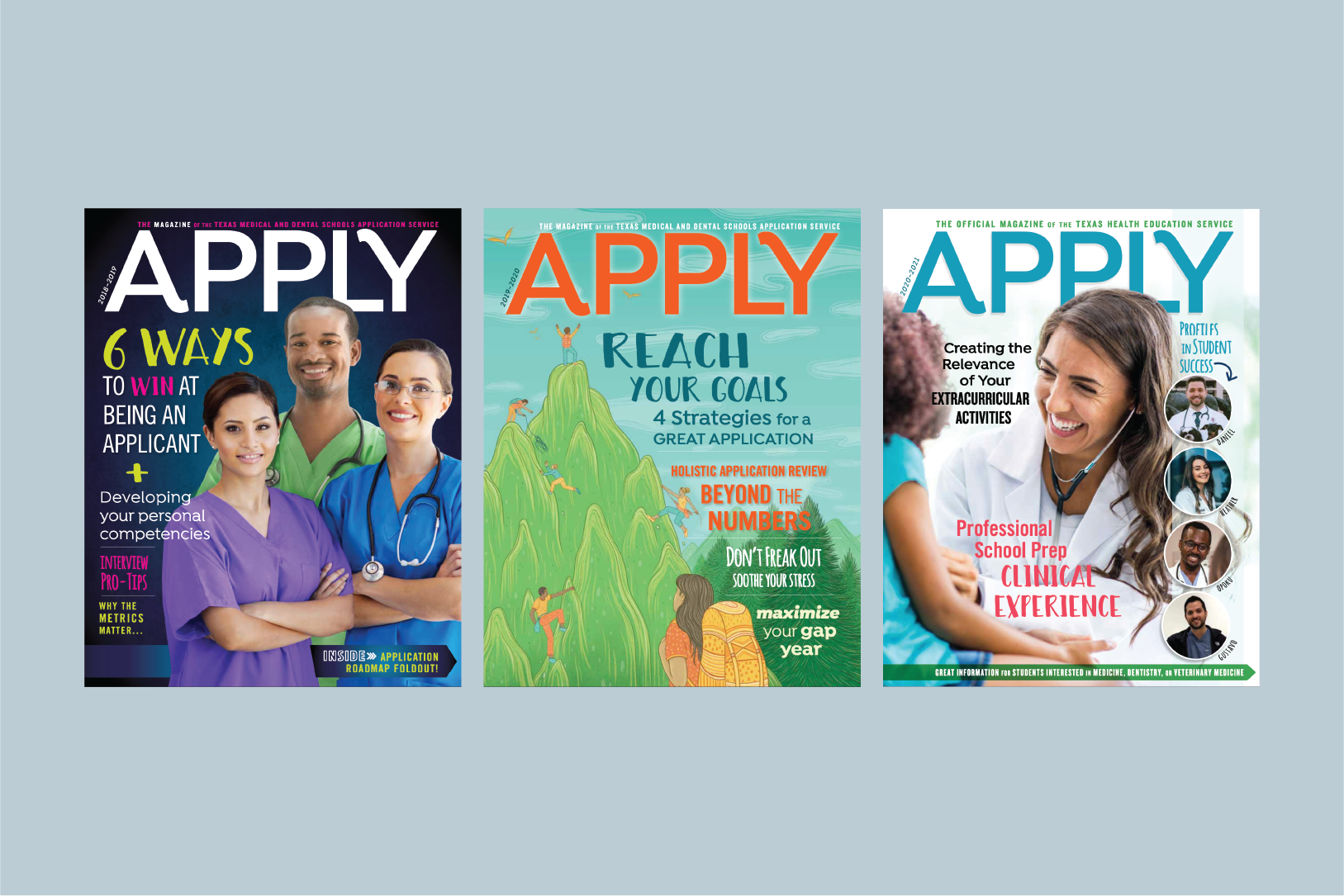TXHES Looks Ahead to TAAHP Conference 2026
TXHES looks ahead to the TAAHP Conference 2026, outlining its priorities for collaboration, advising innovation, and a statewide conversation on improving the health professions admissions cycle.

Many students think they don’t need to meet with health professions advisors until they’re getting ready to apply to their program of choice. On the contrary, it is wise to have regular meetings – I like to call them 10,000-mile maintenance checks – throughout the undergraduate years (and post-graduate years if you’re taking some time after graduation before applying).
Depending on where health professions advising is located on your campus, you may access to advisors beginning your first year of college. For example, at Yale we have a session during orientation to provide a basic overview of resources available. The first semester of college is a transition for everyone and the main goal as a student is developing effective academic strategies to not become overwhelmed with your workload. Health professions advisors, in conjunction with academic advisors, can help devise an appropriate course schedule and provide tips for when to take specific courses based on your background so you challenge yourself without overextending your capabilities. In addition, it’s important to seek out help from tutoring or find academic strategies early on to strengthen your study habits and time management skills so you don’t get behind.
During your first year it’s also important to not participate in too many extracurricular activities. Find two, possibly three, groups you want to join. These groups could be a continuation of something you did in high school or something new you’d like to try. First and foremost, think about the opportunities available to you and how you want to shape your college experience over the course of the next four years. Some of these activities may be pre-determined for you if you’re a member of a sports team or musical group, for example. These more intense commitments often require upwards of 20 hours per week, so it’s vital to establish your study habits before adding other activities outside of classes.
At the start of your sophomore year you’ll, hopefully, feel academically established. Meeting with your health professions advisor is a good way to talk about your “narrative” as a future applicant:
• What motivates you?
• Why are you interested in your health professions program of choice?
• How are you learning about the profession?
• What competencies are you developing from your extracurricular activities?
• Do you want to accomplish something specific, such as studying abroad, that takes a certain amount of planning?
Your health professions advisor can provide suggestions of activities based on your interests and share what other students on your campus have done in the past. Each applicant is unique and there is no cookie-cutter approach to developing a successful application. As you meet with your advisor regularly, they get to know you holistically. These conversations are valuable from a mentoring perspective.
As you move into your later years of college or postgraduation, many of your conversations with your health professions advisor will revolve around preparing for the application. The application process is a marathon, not a sprint. Thoughtful reflection is critical in preparing an application that represents YOUR NARRATIVE (there’s that word again). Having an established relationship with your health professions advisor helps you feel comfortable talking about the myriad aspects of the application and allows the advisor to provide relevant suggestions for you because they’ve seen your trajectory over the years. Though applications to health professions programs don’t open until May or June, it’s helpful to start having meetings the previous fall to discuss topics such as whom to ask for letters of recommendation, personal statement ideas, and entrance exam preparation (MCAT, DAT, GRE).
We live in a digital age, and most questions about prerequisites and other requirements for health professions programs can be answered on school or association websites. What is lost from only researching through technology is the skill of conversation. One of the best traits of health professionals – in my opinion – is the connection they make with their patients and the community in which they practice. Establishing relationships with mentors in college is a wonderful way to develop active listening skills. Your health professions advisor should be at the top of your “go to” list of mentors throughout college (and beyond) as you plan for your professional career.
TXHES looks ahead to the TAAHP Conference 2026, outlining its priorities for collaboration, advising innovation, and a statewide conversation on improving the health professions admissions cycle.
The UTRGV School of Podiatric Medicine has achieved initial national accreditation, supporting in-state training pathways and contributing to the national podiatric physician workforce.
Dr. Jesús Vallejo, JAMP Chair-Elect, is appointed Regional Dean of Baylor College of Medicine’s Temple Campus, continuing his leadership in Texas medical education.